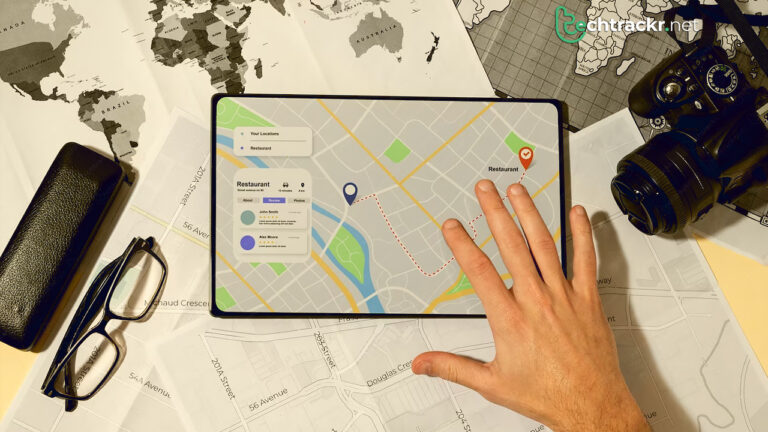
Guess where Google’s taking generative AI next? Yep, you got it—Google Maps. They’re rolling out this fancy tech, powered by large language models (LLM), to make it easier for users to discover awesome places.
This cool feature is all set to tackle your questions about restaurant or shopping recommendations. It taps into its LLM magic, breaking down Maps’ extensive info on over 250 million places and insights from a massive community of over 300 million contributors. So, it’s got your back with speedy suggestions on where to hit up.
Google spills the beans that this feature will kick off in the US first, but there’s no scoop yet on when other countries will hop on the bandwagon. This move makes total sense for Google, as they’ve been hustling for years to transform their flagship navigation tool into more of a search powerhouse for uncovering new spots, not just a direction giver. Leveraging their generative AI expertise to speed up this transition feels like the next logical move.
The instances that Google showcases using its generative AI search feature are totally on-brand Google.
“Let’s say you’re visiting San Francisco and want to plan a few hours of thrifting for unique vintage finds. Just ask Maps what you’re looking for, like “places with a vintage vibe in SF.” Our AI models will analyze Maps’ rich information about nearby businesses and places along with photos, ratings and reviews from the Maps community to give you trustworthy suggestions.”
Google is taking baby steps with this initial rollout, teaming up with its Local Guides community to make sure they use generative AI wisely. So, at the beginning, only these contributors will get their hands on the generative AI feature in Google Maps. The rest of us will have to wait a bit before it’s opened up to everyone.
Local Guides, in the game since at least 2019, are basically a worldwide squad of adventurers. They’re the folks who drop reviews, share pics, answer queries, tweak or add places, and fact-check on Google Maps.
It’s a bit hazy how this will differ from the usual drill of typing “vintage store SF” in the regular Google Maps search bar. My bet is that the reply will lean towards a more chatty chatbot style that we’re gradually getting used to, rather than simply spitting out a list of vintage shops based on proximity.
